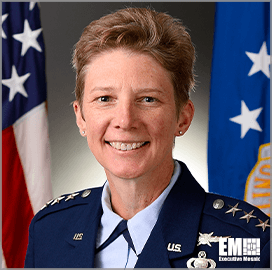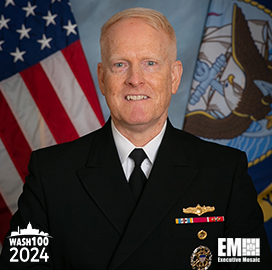The U.S. Department of Energy has selected 16 experiment and analysis projects to receive $17 million in funding to support the development of criticality benchmark data, which the Nuclear Regulatory Commission will use in licensing and regulating high-assay low-enriched uranium, or HALEU.
The projects, which won funding through a criticality benchmarking solicitation, involve six national laboratories and include partnerships with six universities and multiple industry partners, the DOE said Friday.
The teams will perform research and development covering five topic areas: UF6 transportation with moderator exclusion, 10 percent to 20 percent enrichment gap, non-fissile material validation, fissile salts and advanced moderator nuclear data.
According to Michael Goff, acting assistant secretary for nuclear energy, the data collected from the projects will help ensure HALEU infrastructure is licensed and regulated in a timely manner for reactor demonstrations and deployments.
“Many advanced reactor developers require HALEU to achieve smaller designs, longer operating cycles, and increased efficiencies over existing technologies,” he explained.
The DOE plans to issue two more proposal calls for criticality benchmark data development, with the next solicitation expected in early 2025.












